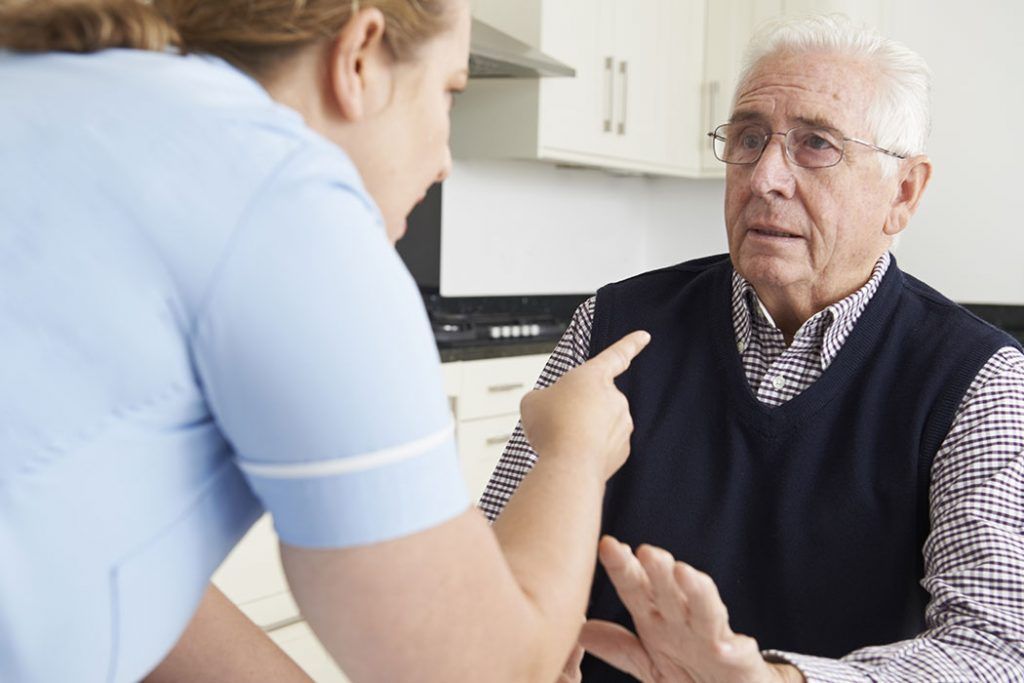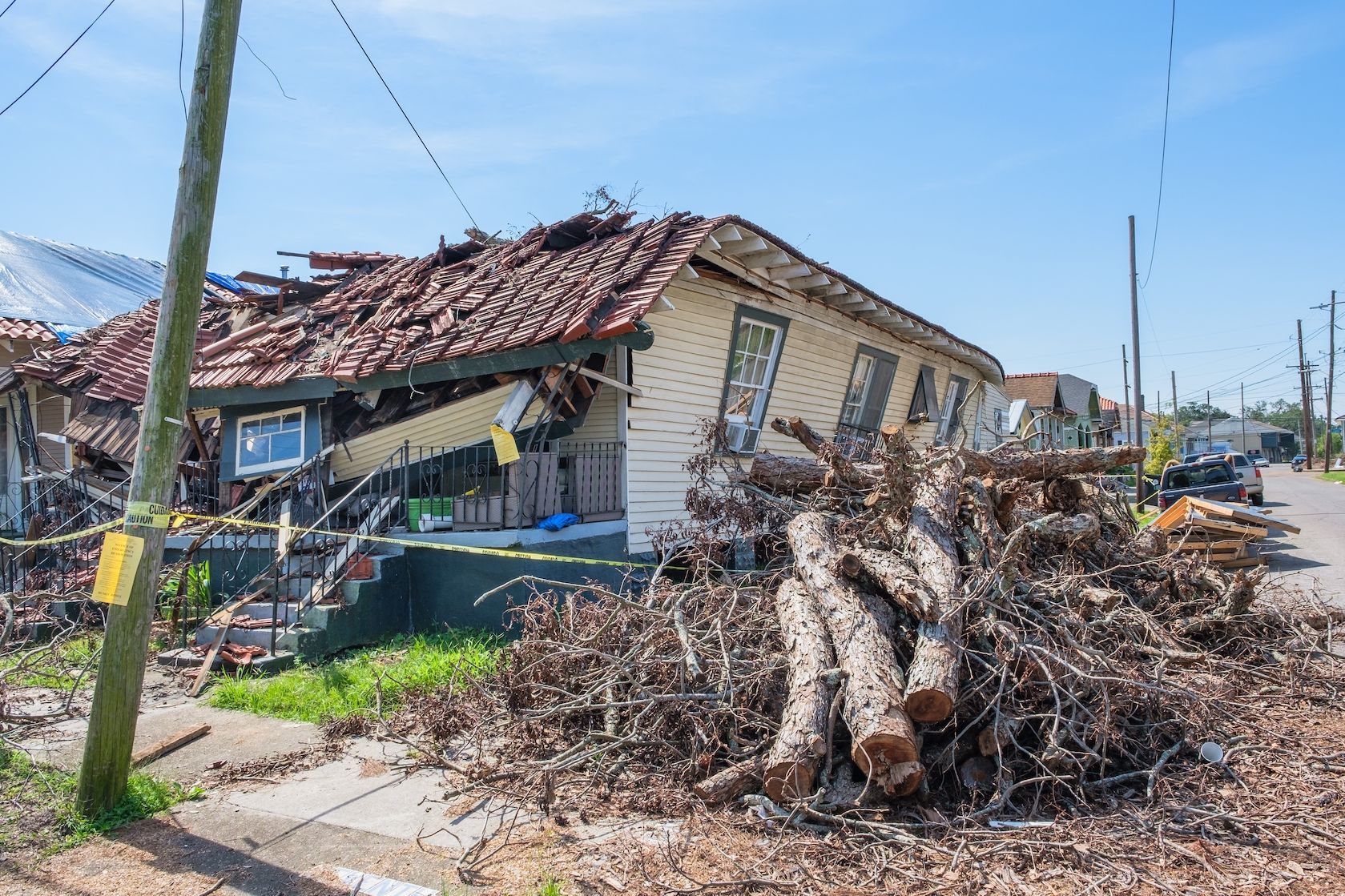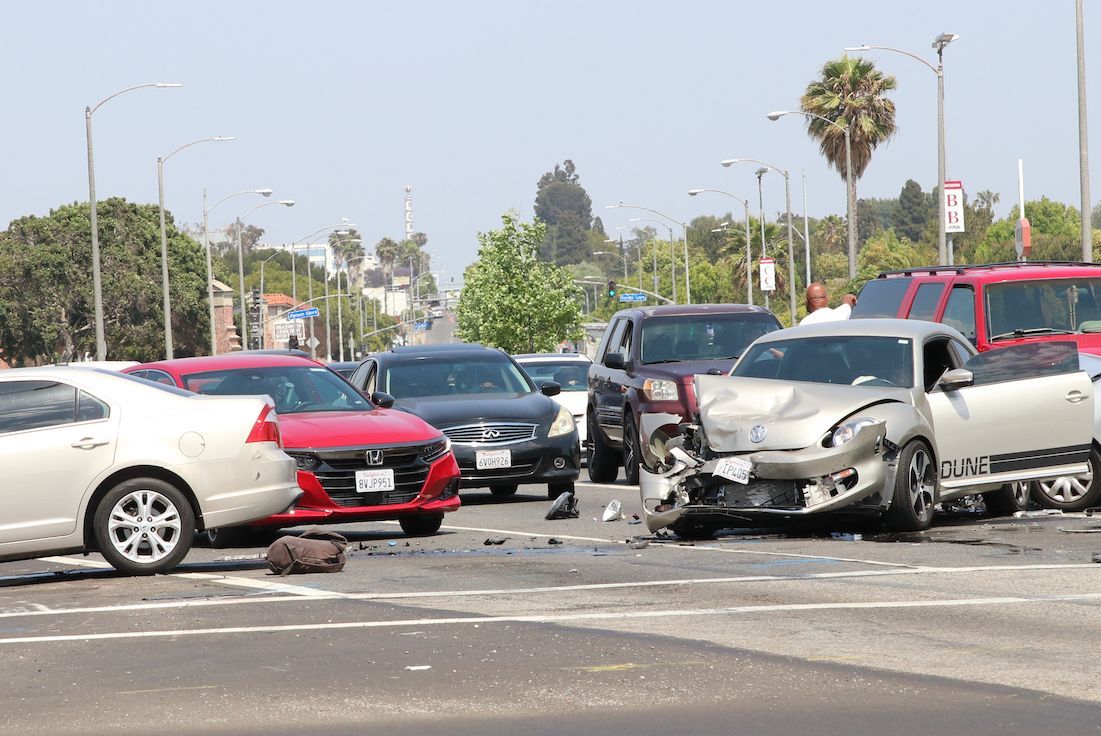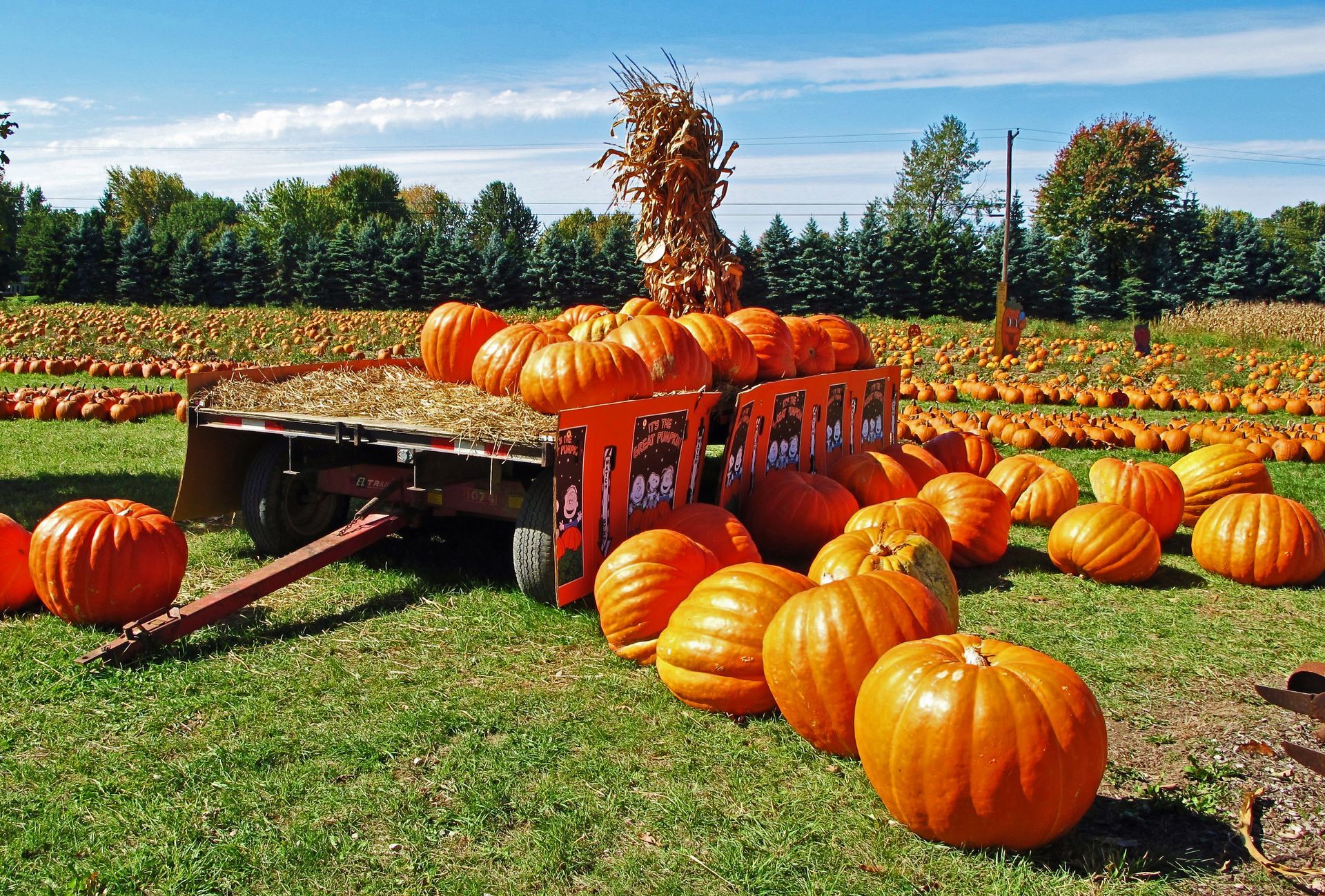10 Warnings Signs of Elder Abuse In Nursing Homes

Elder abuse is classified as intentionally causing harm (physical or emotional) to an elderly person, purposeful exploitation, and intentional neglect by a caregiver. So, don’t wait and contact us today.
Elder abuse cases in the U.S.
In the U.S. more than 500,000 people have reported cases of abuse against an elder or someone they love, but because of the fragility and vulnerability of the victim, the power of the caregiver over the victim, and holes in the reporting system, millions more cases go unreported. Understandably, elder abuse can occur wherever an elderly person receives care; at home, in a care facility, in a hospital, or in the home of a trusted caregiver.
Caregivers can include medical personnel, family members, non-medical caregivers hired through a care service, and also close friends. In order to be on the lookout for abuse you need to be aware of the common forms of abuse and some of the typical signs of abuse. If you suspect elder abuse, fill out our online form today and get the help you deserve.
Most common forms of abuse:
- Healthcare
- Physical
- Sexual
- Neglect
- Abandonment
- Psychological
- Emotional
- Financial Exploitation / Fraud
Signs of elder abuse
The signs of elderly abuse will differ depending on the type of abuse the victim is experiencing.
Please look for the following signs:
- Unexplainable injuries such as broken bones, bruises, welts, or scars.
- Signs of physical restraint, such as rope marks or bruising on the wrists.
- Bruises or scratches around breasts or in the genital area.
- Unexplained weight loss, signs of malnutrition or also dehydration.
- Hazardous living conditions such as living in a poorly maintained residence.
- Also, Untreated physical conditions, such as coughs, bed sores, or other physical wounds.
- Lack of necessary medical care despite the victim having enough money to cover these expenses.
- Symptoms or evidence of over medication or under medication.
- Poorly trained caregivers; underpaid workers; or an inadequate number of staff; inadequate answers to questions about treatment or care.
- Lastly, Suspicious or unexpected changes in legal documents.
Please keep in mind that these are only 10 of the many different signs of elderly abuse.
Report it
If you see something suspicious, are a witness to outright abuse at the hands of a caregiver, or are experiencing elder abuse yourself, please do not hesitate to contact the local authorities. The effects of elder abuse aren’t just felt by the victims they are felt by the families of those victimized. The pain, emotional scars, and legal repercussions can overwhelm anyone, but you don’t have to go through it alone—not when we are here to help.
We are nursing home abuse lawyers in New Orleans who care about you and the welfare of elders. Contact our office today at (504) 345-1111 to speak with us about your legal rights, and how we fight for justice against those who have abused a loved one in your family.







